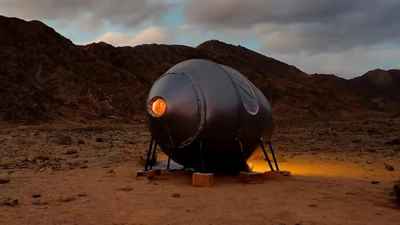Unveiling the Mysteries: How Planetary Alignments Illuminate the Cosmos for the Curious Mind
Planetary Alignment: Separating Fact from Fiction in the Night Sky Table of Contents Planetary Alignment: Separating Fact from Fiction in the Night Sky Debunking the Myth of Perfect Alignment Planetary Visibility in the Current Sky Looking Ahead: A Glimpse of Future Spectacles Other Astronomical Events to Watch For Unveiling the Celestial Dance: An Expert Interview … Read more







